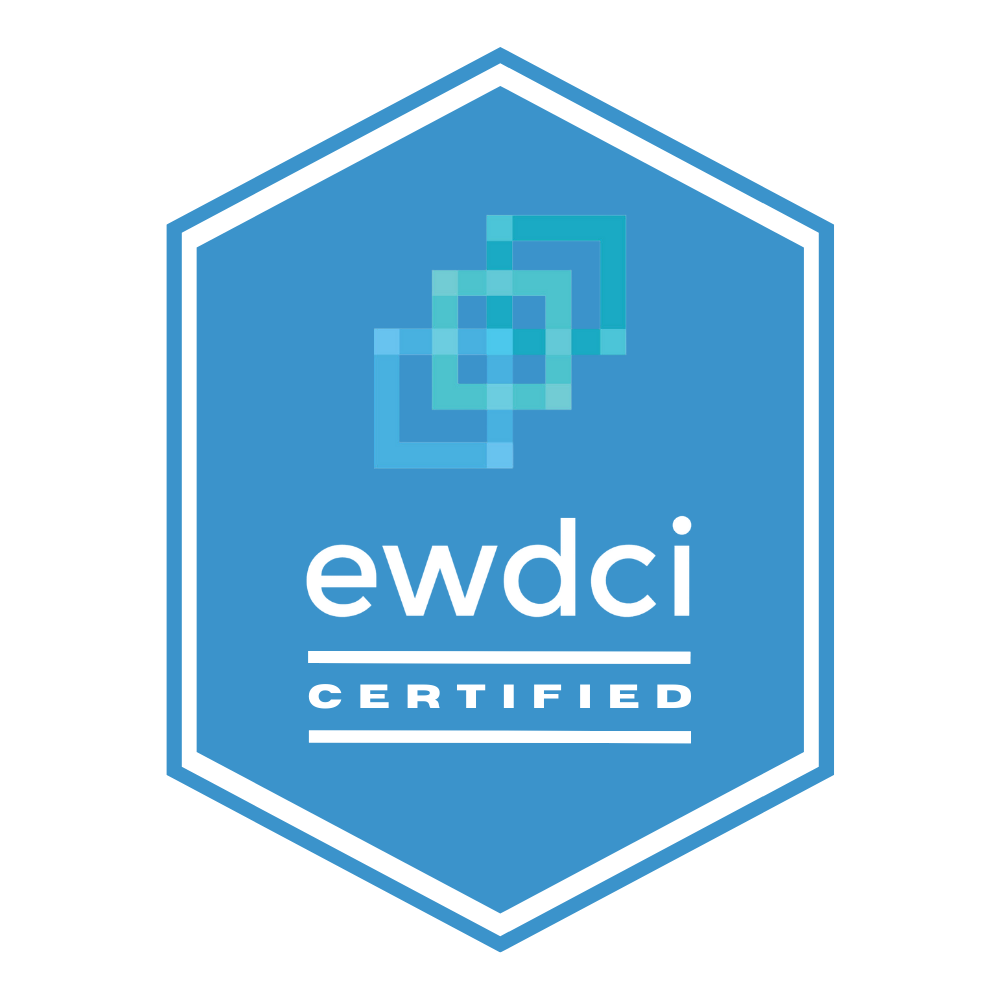In the digital era, where data flows ceaselessly like a river, extracting meaningful insights requires a robust Scraping API. It’s the master key for unlocking the endless potential of the internet’s data treasure trove. With a Scraping API, you can elegantly gather and parse information across a labyrinth of online sources, transforming raw data into valuable assets for your endeavors.
Understanding and implementing these APIs not only optimizes your data acquisition strategy but also ensures you remain a step ahead in the competitive landscape. Witness the transformation in your operations as you explore Scraping API use cases and break through barriers with the tactical finesse of a seasoned data strategist.
Key Takeaways

- A Scraping API automates the collection of web content and delivers it in a structured format.
- Automated data collection saves time, ensures accuracy and consistency, and provides up-to-date and comprehensive data for informed decision-making.
- When choosing a Scraping API, consider functionality, ease of use, reliability, technical capabilities, and project needs.
- Integrating a Scraping API effectively involves mapping out data flow, integrating with existing infrastructure, keeping data fresh, implementing error handling, and improving data collection processes.
Understanding Scraping APIs
You’ll need a robust Scraping API to efficiently gather and combine data from various online sources. This tool is your go-to for automating the collection of web content. Think of it as your digital harvester; it’s designed to navigate the web, extract the relevant bits, and deliver them to you in a structured format. It saves you the hassle of manually sifting through websites and ensures you’re not drowning in a sea of unorganized data.
Utilizing a Scraping API, you’re able to customize your data retrieval to suit your specific needs. You can specify the sources, the type of information, and how often you need updates. It’s all about getting the right information at the right time without added stress.
Benefits of Automated Data Collection
By harnessing a Scraping API, you can enjoy the streamlined efficiency of automated data collection. This not only saves time but also ensures accuracy and consistency in the information you gather.
Imagine no longer manually trawling through websites for data; instead, the API does the heavy lifting, Scraping relevant content swiftly and delivering it in an organized format. You’re not just cutting down on hours of work; you’re also mitigating the risk of human error that can lead to unreliable data sets.
What’s more, automated data collection adapts to high volumes of information, maintaining a high level of performance even when scaling up. You’re equipped to make informed decisions with up-to-date and comprehensive data at your fingertips, giving you a competitive edge in your field.
Choosing the Right Scraping API
Selecting the optimal Scraping API requires assessing your project’s specific needs and data complexity. You’re aiming for an API that not only fetches data efficiently but also aligns with your technical capabilities and budget.
Consider these key factors:
- Functionality: Does the API cover the scope of your project? Can it handle dynamic websites using JavaScript?
- Ease of Use: Are the documentation and support resources clear and helpful? You don’t want to waste time deciphering how to use the tool.
- Reliability: Can the API consistently deliver accurate data without frequent downtime or errors?
Integrating Scraping APIs Effectively
How can you seamlessly incorporate a Scraping API into your existing systems to enhance data collection efficiency?
Start by mapping out your data flow, and identifying where the scraped content fits within your operations. Ensure you’ve got a clear understanding of the API’s documentation—that’ll save you headaches down the line.
Next up, integrate the API with your existing infrastructure. This might involve setting up authentication, handling API requests, and managing response data. Use webhooks or polling to keep your data fresh without overloading the API service.
Lastly, don’t forget error handling. Be prepared to manage exceptions and API limits to maintain a smooth operation. With thoughtful integration, you’ll boost your data collection processes, making them more robust and streamlined.
Overcoming Common Scraping Challenges
You’ll encounter several challenges when Scraping data, but with the right strategies, you can overcome them efficiently. Here’s how:
- Dynamic Content: Websites often use JavaScript to load content dynamically. Use a Scraping API that can execute JavaScript, ensuring you capture all the data.
- Anti-Scraping Measures: Sites may block scrapers. Rotate your IP addresses and mimic human behavior to avoid detection.
- Data Structure Changes: Webpages change layout over time. Regularly update your Scraping scripts to adapt to these changes.
By addressing these obstacles head-on, you’ll maintain a smooth data collection process.
Remember, staying adaptable and using robust tools are key to successful Scraping.
Keep these points in mind, and you’ll navigate the complexities of data Scraping with greater ease.
FAQ:
What is a scraping API?
A scraping API is a tool or service that allows you to programmatically collect data from various web sources. It extracts information from websites or other online resources and returns it in a structured format such as JSON or CSV.
How does a scraping API work?
A scraping API sends HTTP requests to the target web pages, processes the responses (usually HTML or JSON), extracts relevant information based on predefined rules or parameters, and returns the data to the client in a structured format.
Is using a scraping API legal?
The legality of using a scraping API depends on several factors, including the target website’s terms of service, copyright laws, and data protection regulations. It’s essential to review these before scraping content to ensure compliance.
Can scraping APIs bypass websites with CAPTCHA or other security measures?
Some scraping APIs offer solutions for bypassing security measures such as CAPTCHA, often using techniques like CAPTCHA-solving services. However, bypassing such security features may violate the target website’s terms of service, so proceed with caution and legal advice.
What are the common use cases for scraping APIs?
Common use cases include market research, price monitoring, lead generation, content aggregation, competitive analysis, and automation of data collection for various applications.





















